Benefits of Plant-Based Milk Alternatives: Is Almond, Soy, or Cashew Right for You?
Written by TYE Medical on Oct 10th 2022
Before grabbing your next plant-based milk carton off the shelf, consider what may (or may not) be listed among the ingredients. While experts tout the many benefits of dairy milk alternatives, a new report warns that not all of them are created equal.Despite the warning, the consensus is that your favorite almond, cashew, hemp, coconut, oat, rice, pea, or soy milk is not only tasty but full of nutritional benefits even if the industry lacks consistency in expectations and labeling.
So what are the differences and what benefits can you expect to receive? Here’s what to know.
Does Nutritional Labeling Matter?
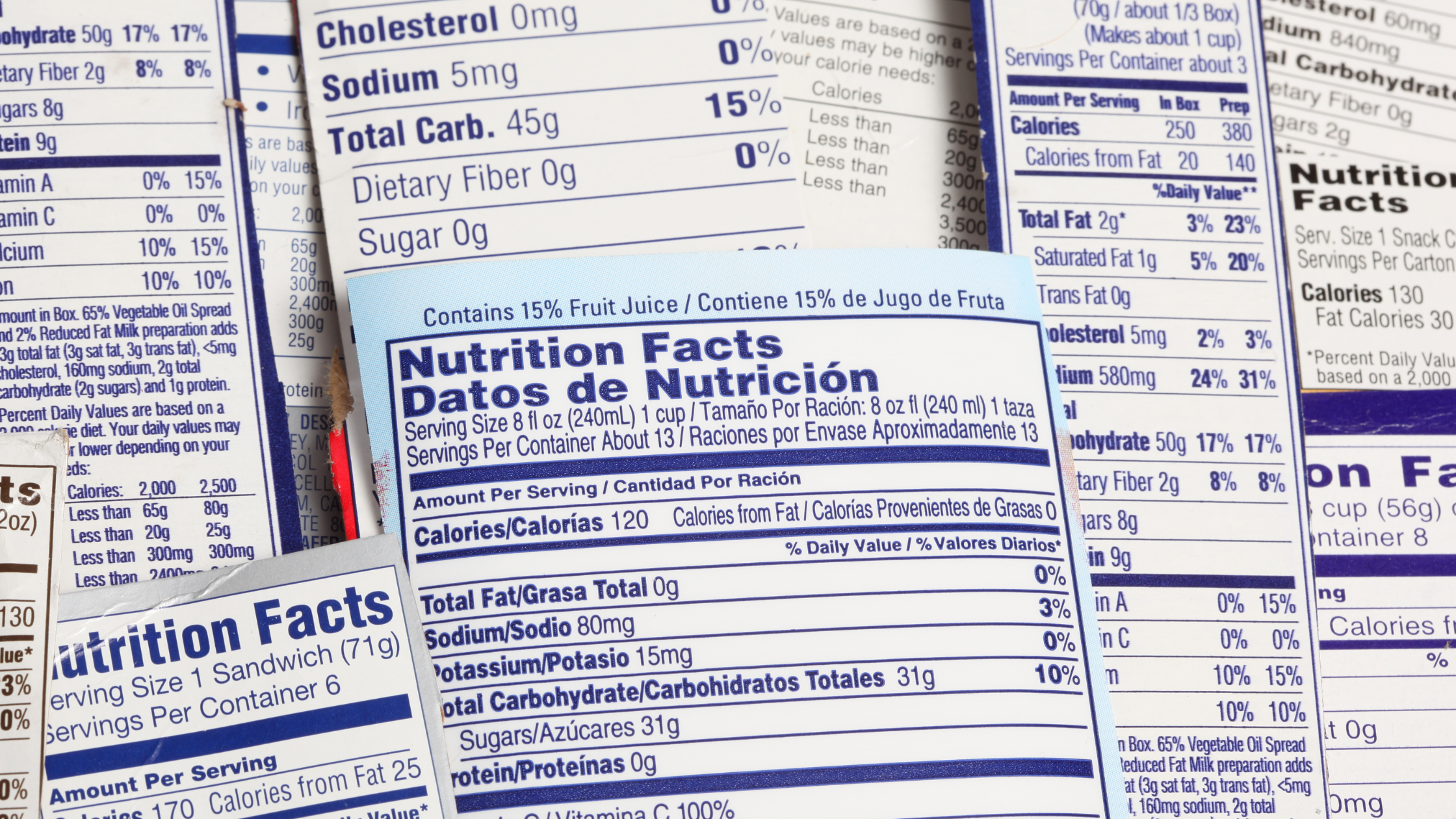
Nutritional labels may not concern you if you prefer plant-based milk alternatives for taste, flavor, anti-inflammatory properties (now controversial), or the lack of lactose.
But if you’re drinking it for the additional nutrients and overall health benefits, then inconsistent labeling could be a problem. Essential minerals like magnesium, zinc, phosphorus, and selenium are not required to appear on the label, making it impossible to know how much you’re getting.
In fact, the study revealed how widely mineral content varied across the different types of plant-based milk and their brands. So depending on the type and brand, you may not be getting the nutritional boost you expect..
What makes the difference? Experts say that it all comes down to where and how the products are sourced, because mineral content in soil matters. Nutritionists and those in the medical field recommend enacting an industry standard to keep products on a level playing field while also enforcing labeling requirements.
Key Nutritional Benefits of Plant-Based Milk

Despite widespread nutritional variations, the report drew the following conclusions:
- Soy drinks contained the highest levels of magnesium
- Pea-based drinks contained the most zinc, phosphorus, and selenium
- Only pea-based and soy-based drinks contained higher levels of the four essential minerals than cow’s milk
- Pea-based drinks have 50% higher levels of selenium, phosphorus, and zinc
If you’re trying to optimize your daily intake of micronutrients, then opt for the plant-based alternative over dairy milk. But if it’s the key mineral content you want, legume-based milk like pea or soy would be a better choice because they’re generally higher in nutritional value.
Which Plant-Based Milk Alternative Is Right for You?
Aside from your taste preference, it comes down to your nutritional goals.
Protein Content
If you also eat a largely plant-based diet, then you may require a protein boost in your morning smoothie or afternoon snack.
Protein content can also vary widely between brands, so be sure to check the labels. If protein is what you need try these options:
- Soy milk (7-20 grams)
- Pea milk (4-8 grams)
- Oat milk (3-4 grams)
- Hemp milk (2-4 grams
- Flax milk (3 grams)
While almond, cashew, and coconut milks are delicious, they’re not a good source of protein, offering just one gram less per serving.
Soy Milk
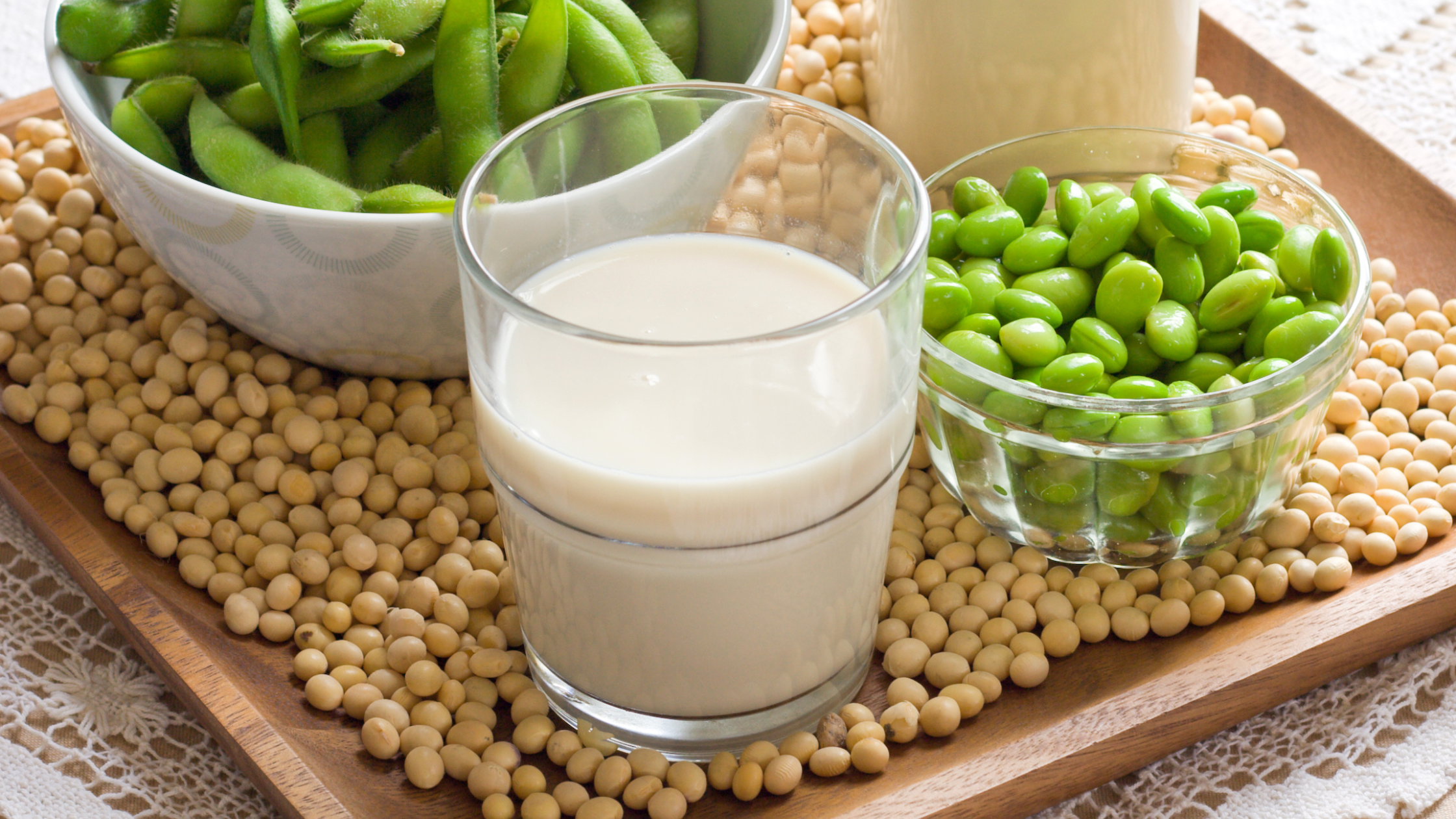
Aside from its high protein content, soy milk also contains all the essential amino acids and is the most nutritionally balanced. From a nutritional perspective, it’s closest to cow’s milk but without the fat. It’s a good source of potassium, vitamin A, and even B-12.
A downside to soy milk is that soy is a common allergen, which means you may be intolerant or sensitive to it. It's also possible to develop a food sensitivity or allergy. Add soy to your diet slowly if it hasn’t been part of your regular eating habits.
Soy milk is best used for baking and drinking if you like the taste.
Almond Milk
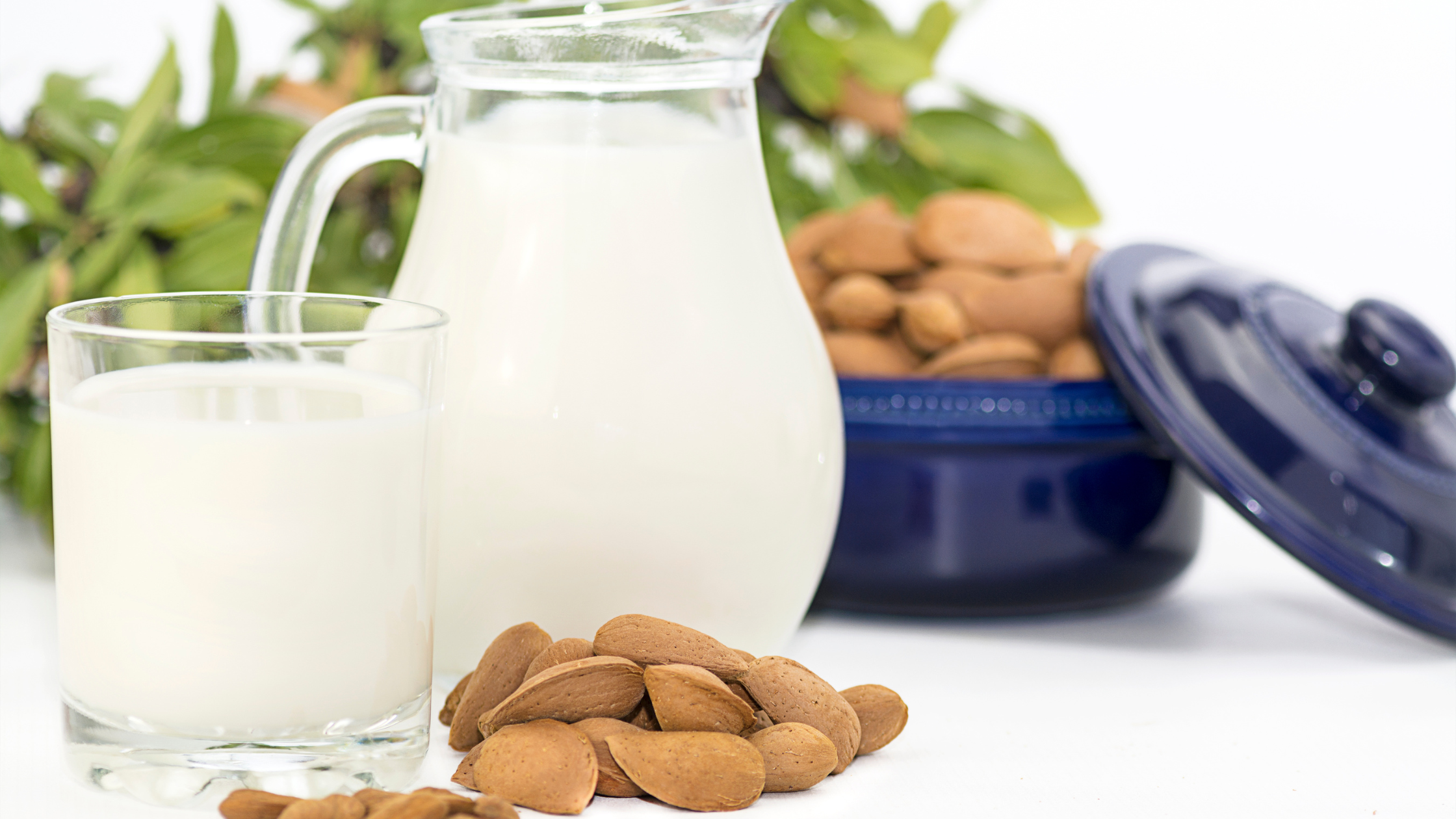
Although it’s lacking in protein, it’s also low in calories, which makes it a great option if you’re watching your waistline. Almond milk is high in vitamin E, which combats inflammation and helps protect against cancer and heart disease. Vitamin E also boosts brain, bone, and eye health. Additionally, almond milk is high in zinc, helping to keep your skin and hair healthy.
But like soy, nut allergies are common and may keep you from enjoying this plant-based milk alternative.
Almond milk is best used in smoothies, on cereal, and for baking.
Cashew Milk
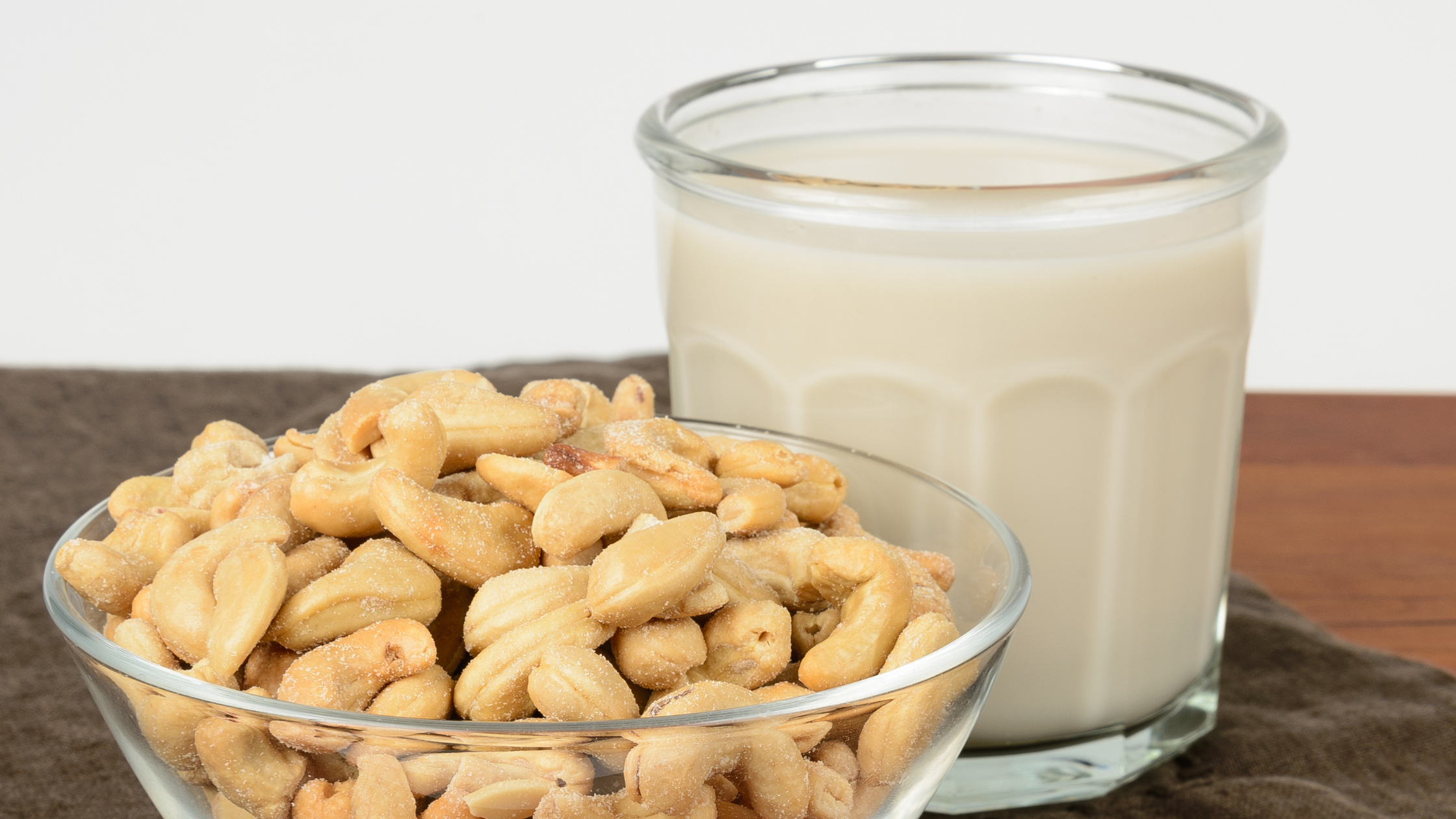
Cashew milk is creamier than almond milk and is also high in vitamin E and low in calories. Like almond milk, it’s low in protein. But it’s especially high in iron and magnesium which many women need more of in their diets. And there’s more– Vitamin K, zinc, and copper are all packed into a glass of cashew milk. Why do we need copper? It’s a powerful mineral for keeping you skin youthful and healthy, and who doesn’t want that?
Cashew milk is best used in smoothies, oatmeal, and cooking.
Rice Milk
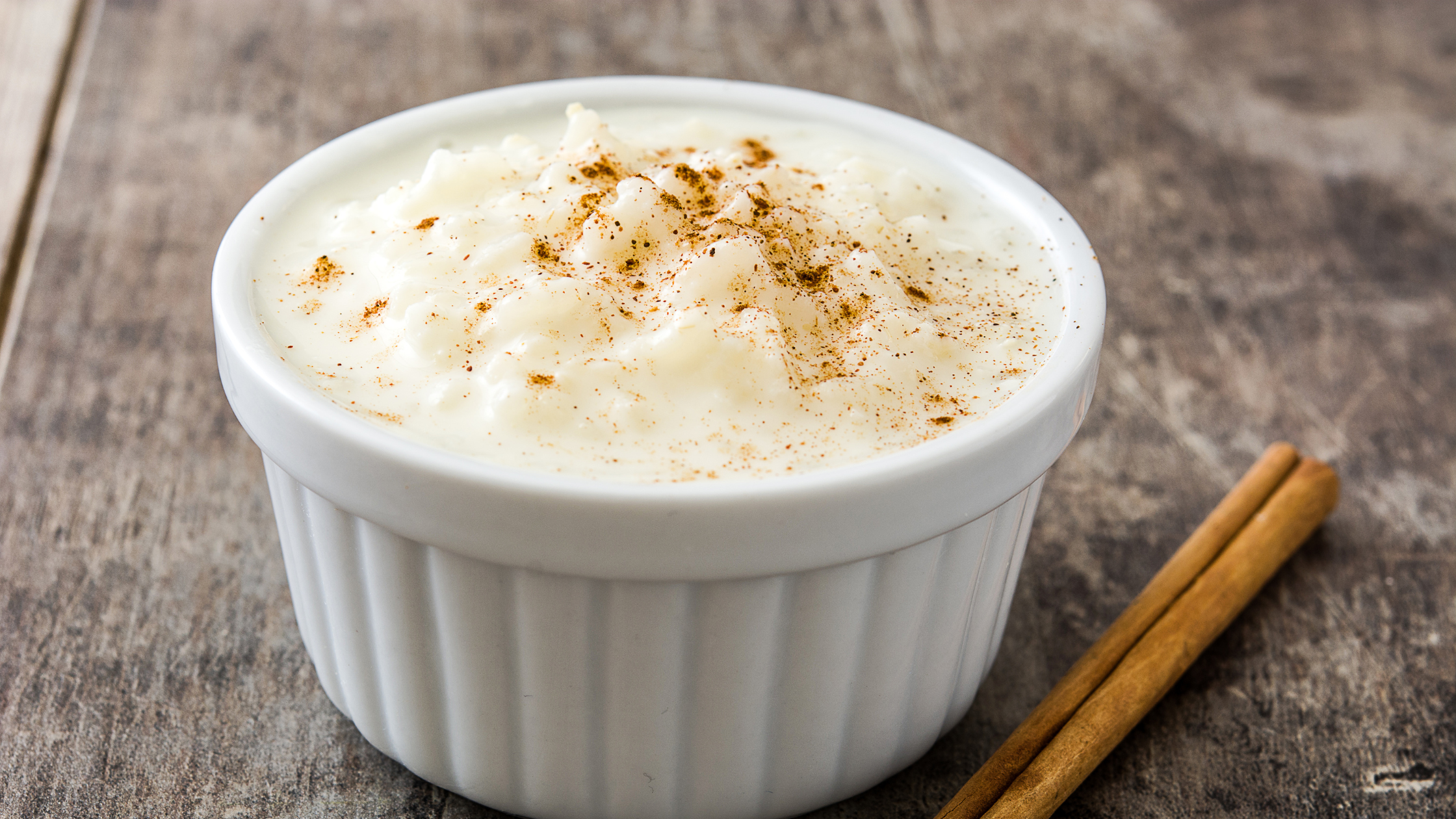
If you’re managing several different food allergies or an intolerance to nuts or soy, then rice milk is an option. But it has the lowest nutritional value of all the plant-based milks, and it’s high in simple carbohydrates. If you’re counting carbs and calories, you may want to opt for coconut or flaxseed milk which are both much lower in calories and carbs while remaining allergen free.
Rice milk is best used for making desserts like rice pudding.
Oat Milk
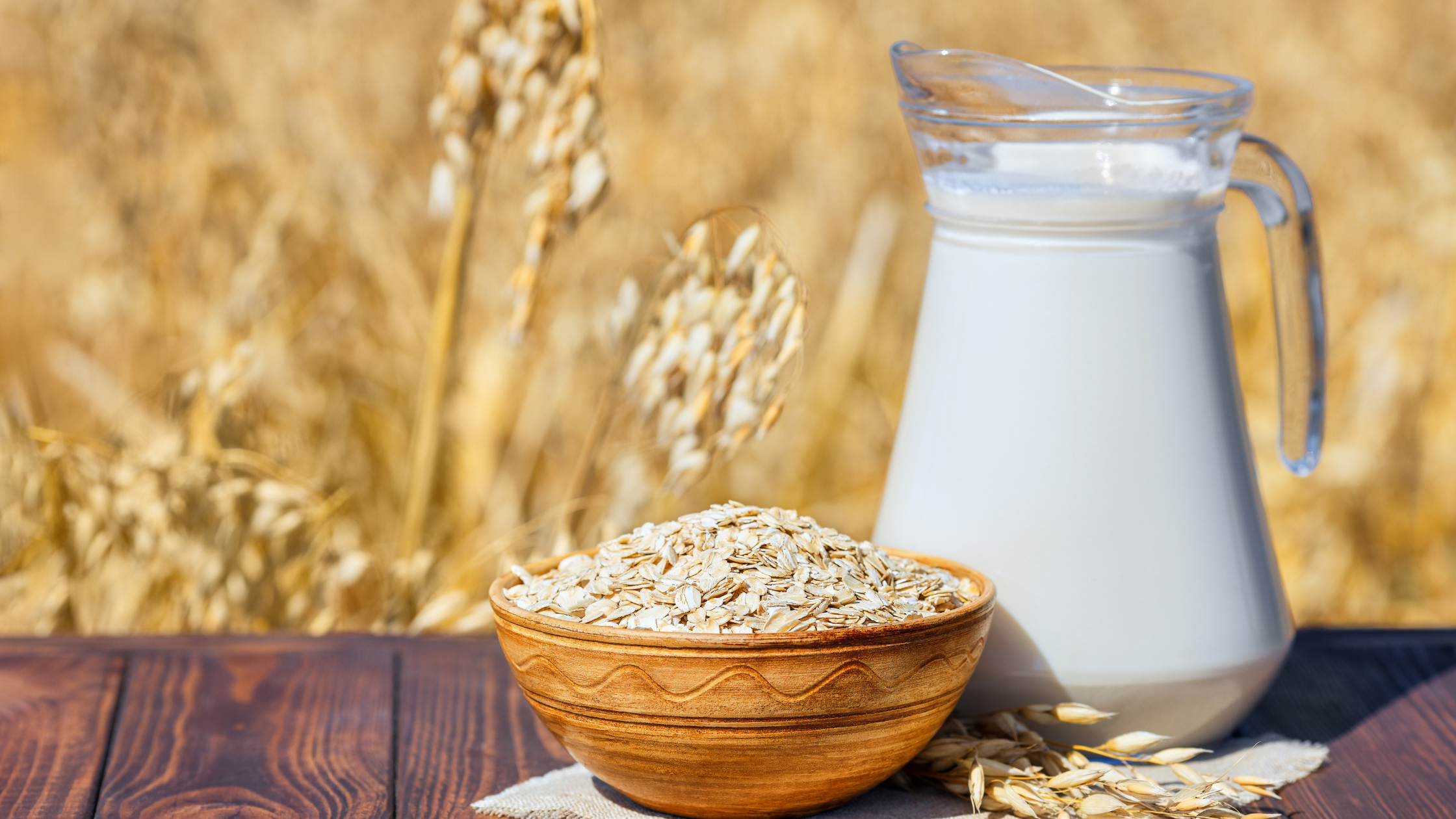
Oat milk is known for its natural creaminess and has more protein that nut milks or coconut milk but notably less than soy milk. Its nutritional claims to fame are its high levels of the B vitamins thiamin and folate, manganese, magnesium, phosphorus, zinc, and copper.
Yes, it contains more carbs than other plant-based milks (except rice milk) but it’s balanced by the presence of a soluble fiber that blocks cholesterol absorption. If your cholesterol is elevated, oat milk would be an excellent choice.
If you’re gluten-sensitive you may want to avoid oat milk. Oats are sometimes “contaminated” by other crops with wheat ingredients. If your oat milk isn’t labeled as gluten-free, you could be taking a risk.
Oat milk is best used in coffee and baking.
Flaxseed Milk
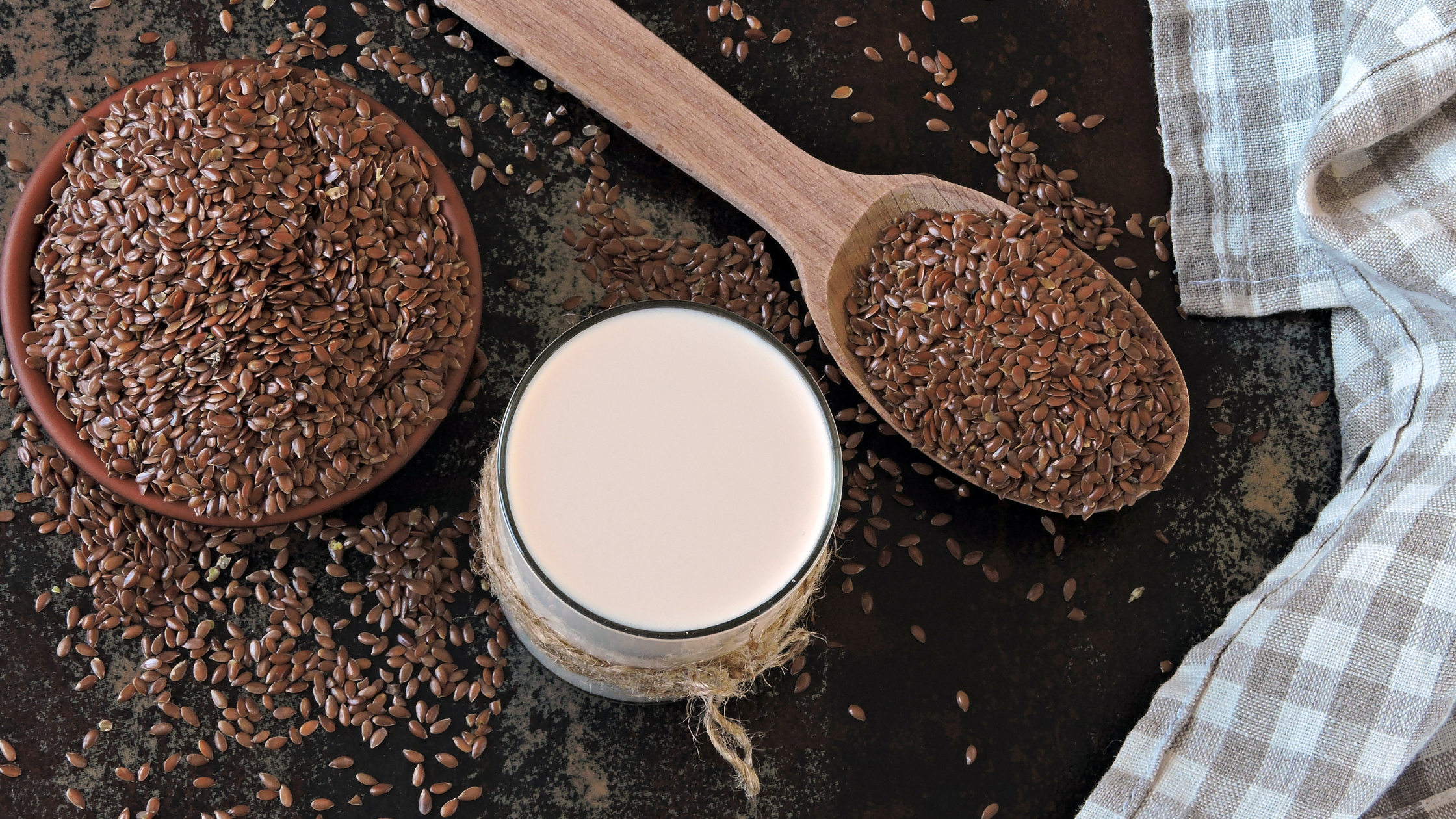
This thick and creamy plant-based milk option is renowned for its high levels of omega-3 fatty acids which have been shown to prevent cancer, heart disease, diabetes, and strokes. Flaxseed milk also provides vitamins, A, B-12, and D along with soluble and insoluble fiber. Good Karma is a popular brand found in many grocery stores.
Flaxseed milk is best used for cooking and baking.
Coconut Milk
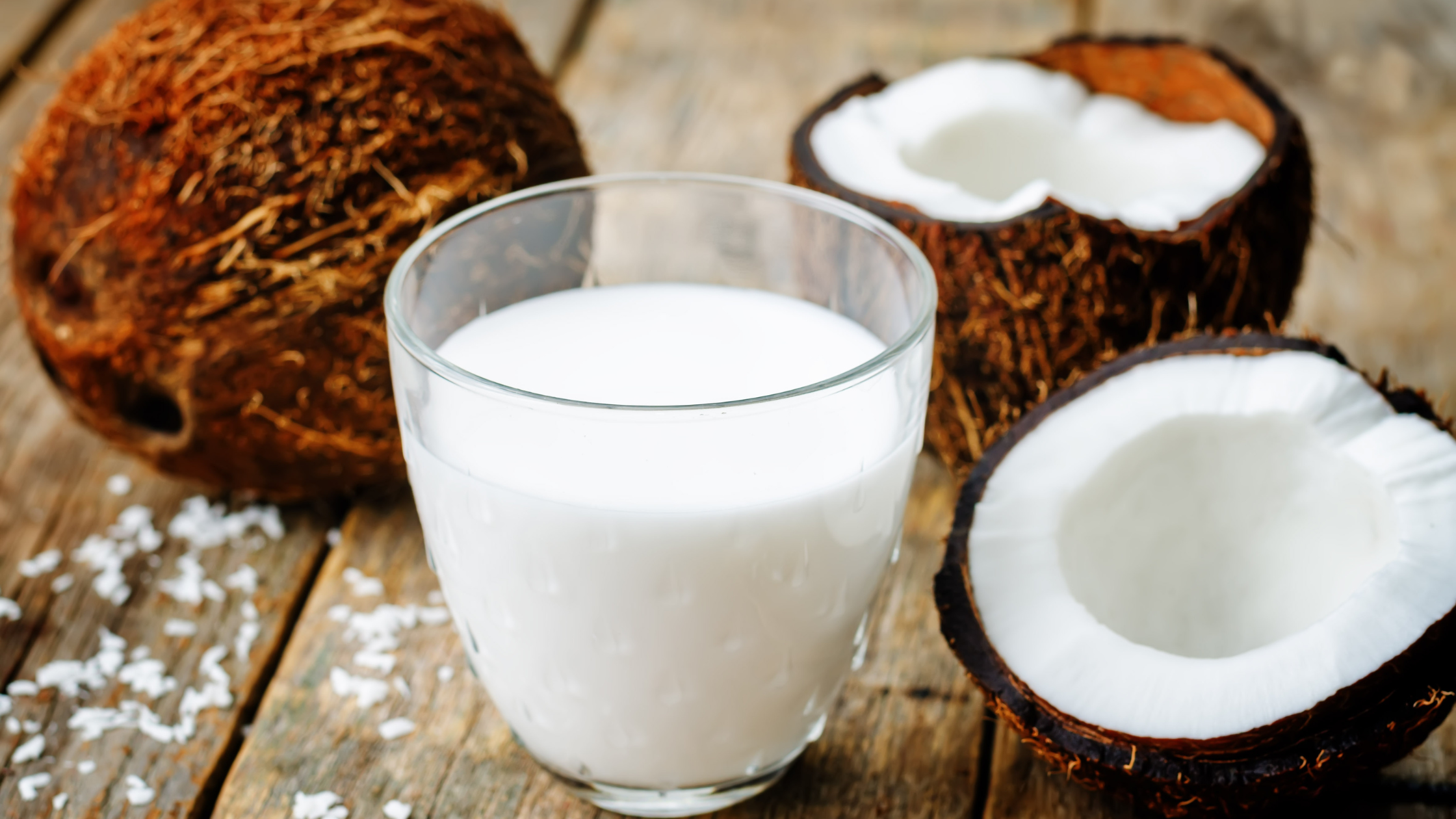
Coconut milk is naturally sweet and loaded with nutrition. If it had some protein, it would be the perfect plant-based milk. If you’re interested in increasing metabolism and losing weight, then you’ll appreciate its medium chain triglycerides (MCTs), which are miracle fats that help you maintain a healthy weight.
Coconut milk is also high in manganese, magnesium, potassium, calcium, and electrolytes. And while it does contain saturated fat, it’s not the harmful kind (due to the MCTs). This unique plant-based milk has been shown to greatly improve good cholesterol, reduce blood pressure, and boost immune function.
Coconut milk is best used for drinking, on cereal, in coffee, and for baking.
Pea Milk (Yes, it’s a thing)
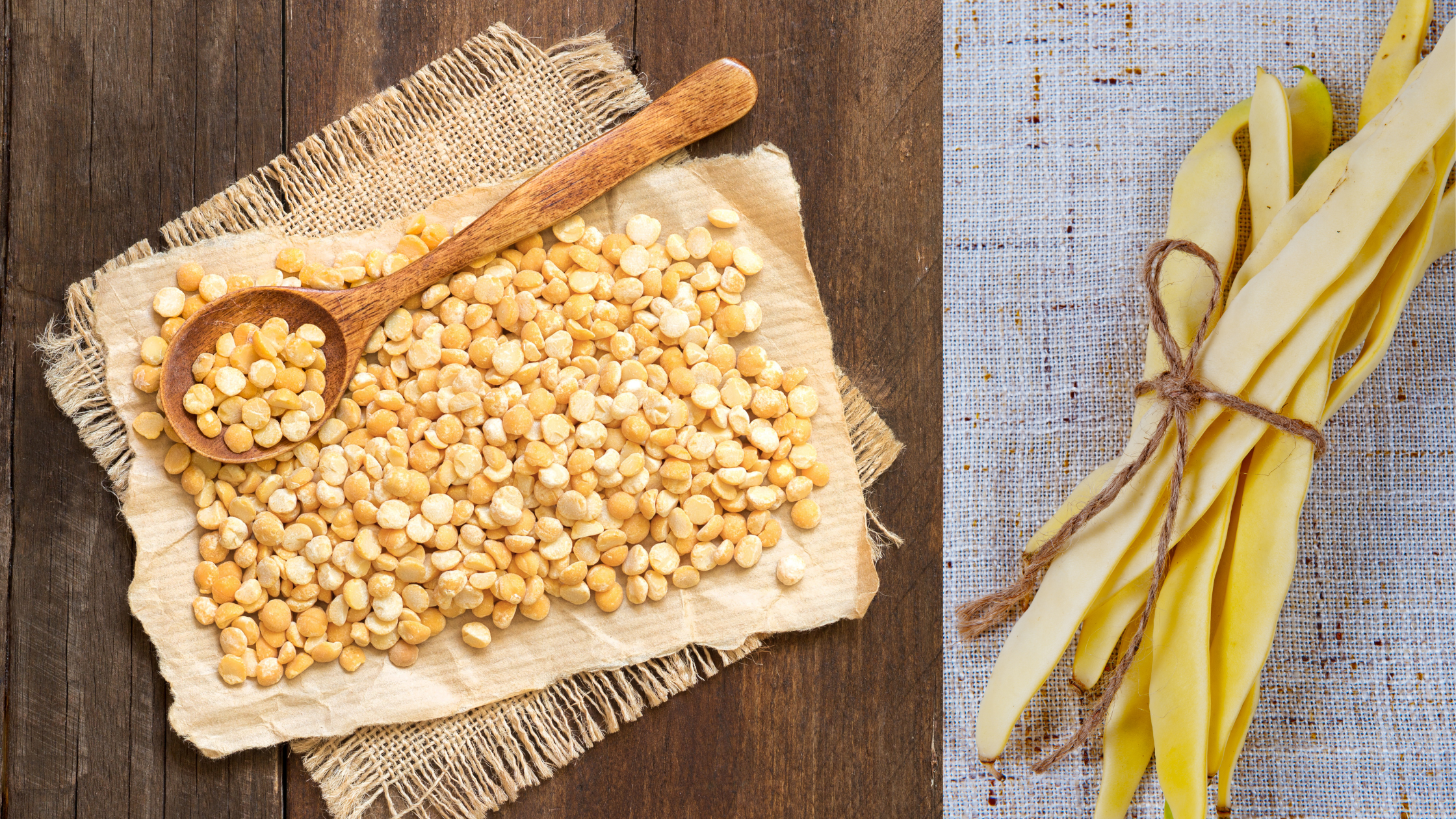
Pea milk hasn’t caught on like the other plant-based milks, at least not yet. That’s why it’s difficult to find in grocery stores. While you may turn up your nose at the idea of milk made from peas, it’s not what you think.
Pea milk isn’t made from the green peas most Americans eat. The milk is instead derived from yellow peas grown in southern Europe and some parts of Asia and North Africa. And you’re not getting all the starchy components either. During manufacturing the peas are ground into flour. Then the protein is separated from the starch and other plant material. The distilled protein is mixed with water and ingredients like sunflower oil and vitamins.
Pea milk is equal to cow’s milk in protein but with 50% more calcium. It’s also a good source for omega-3 fatty acids, potassium, vitamin D, and iron. Pea milk proponents tout its extra creaminess and thicker texture.
Pea milk is best used for making desserts, vegan cheese, or vegan dressing.
Choosing Plant-Based Milk for Efficient Digestion

If you’re of a certain age, you’ve probably noticed at least a mild slowing of your digestive system. This is common, and for some, dairy becomes more of a challenge to process. Limiting dairy can help keep your system running smoothly.
Just be sure that you’re not allergic or intolerant to the type of milk you choose, because this will only increase your digestive problems. The proteins and sugars in plant-based milks are often more easily digested and absorbed than those in cow’s milk.
And if you suffer from irritable bowel syndrome (IBS) or inflammatory bowel disease (IBD), dairy milk is a likely symptom trigger. This means a plant-based milk can help you manage your symptoms.
It’s also important to consider your nutritional needs like protein and omega-3s. The more processed proteins found in plant milk provide an easily digestible source and a simple means for boosting protein intake. This is important if you struggle to eat enough meat or other protein sources.
Try a variety of plant-based milks and choose several favorites to alternate.
TYE Medical offers premium incontinence products with all levels of leak protection.
You can shop our online store for discreet, free shipping on all orders.


